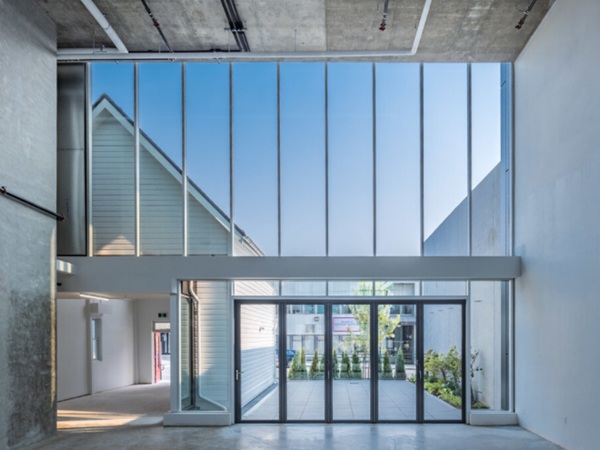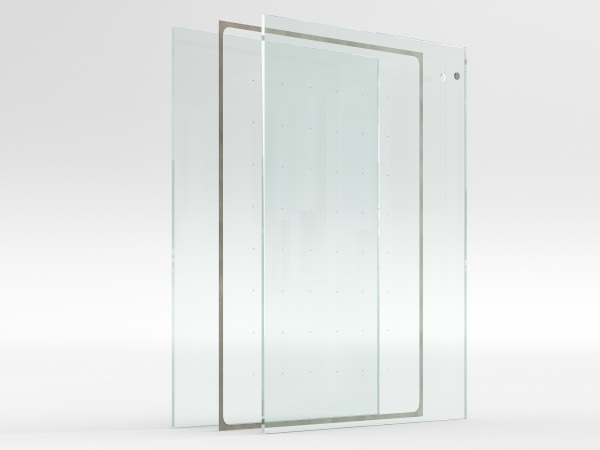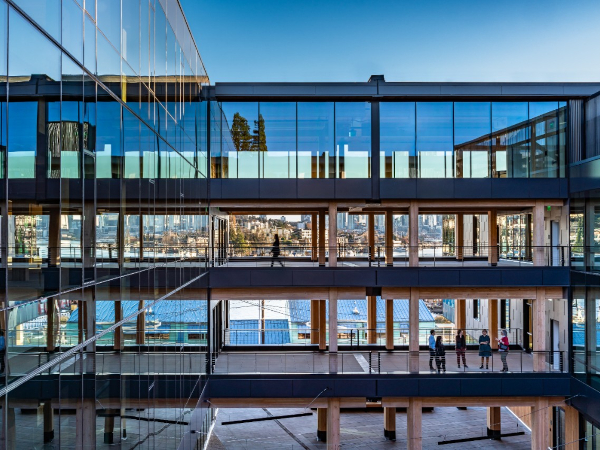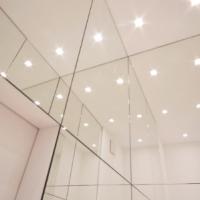Date: 31 July 2009
The plaintiffs' most recent motion was filed last week in the U.S. District Court for the Western District of Pennsylvania, and the court has not yet made a ruling on the motion.
"Production of EC documents will not violate principles of comity, and, at a minimum, Guardian should be required to produce all pre-existing documents it produced to the EC," reads the memorandum in support of the motion. "Plaintiffs are entitled to broad discovery where, as here, the requests are relevant to the ongoing litigation."
The plaintiffs, which include a range of glass shop representatives across the United States, note that the only document related to the EC decision that Guardian has produced is the decision itself.
"Although Guardian acknowledged having other responsive documents, it unilaterally ended the parties' discovery conferences and told Plaintiffs that they must bring a motion to compel," continues the memo.
In November 2007, the EC had levied fines against Guardian Industries, Pilkington, Saint-Gobain and AGC Flat Glass Europe for alleged price-fixing practices in the European flat glass market (CLICK HERE for related story.) In November 2008, further fines were imposed on Asahi, Pilkington, Saint-Gobain and Soliver for illegal market sharing and exchange of information regarding deliveries of auto glass in the European Economic Area.
Though the investigations leading up to the fines are now complete, the plaintiffs claim that when the EC was gathering information, it "had to seize Guardian's documents in an official raid based on information from another company."
The plaintiffs argue that the information relevant to the EC investigation also is relevant to the suit, and that broad information, including that regarding the company's European operations, is necessary for discovery in such a case.
"Because direct evidence of an antitrust conspiracy is often unavailable, courts take a liberal view of relevance and permit broad discovery," continues the memo. " … Here, Defendants were involved in parallel cartels during the class period. Their pricing behavior in the United States did not change until the EC raided Defendants' European counterparts … Plaintiffs need not allege a global conspiracy for the EC documents to be discoverable."
Finally, the plaintiffs' claim that the production of documents related to the EC investigation would be simple.
"Guardian has already collected, segregated and reviewed the documents … " reads the memo. "Guardian can make these documents available to Plaintiffs in short order and with virtually no additional effort."
Plaintiffs include a list of glass companies, including both auto and flat, throughout the United States.
In addition to Guardian, among the other defendants are Pilkington North America ad PPG Industries. Plaintiffs allege that the manufacturers agreed to raise and fix prices "through a combination of collusive energy surcharges and price increases."
The manufacturers previously had motioned for the judge to dismiss the suit. The motion was denied in February.














Add new comment